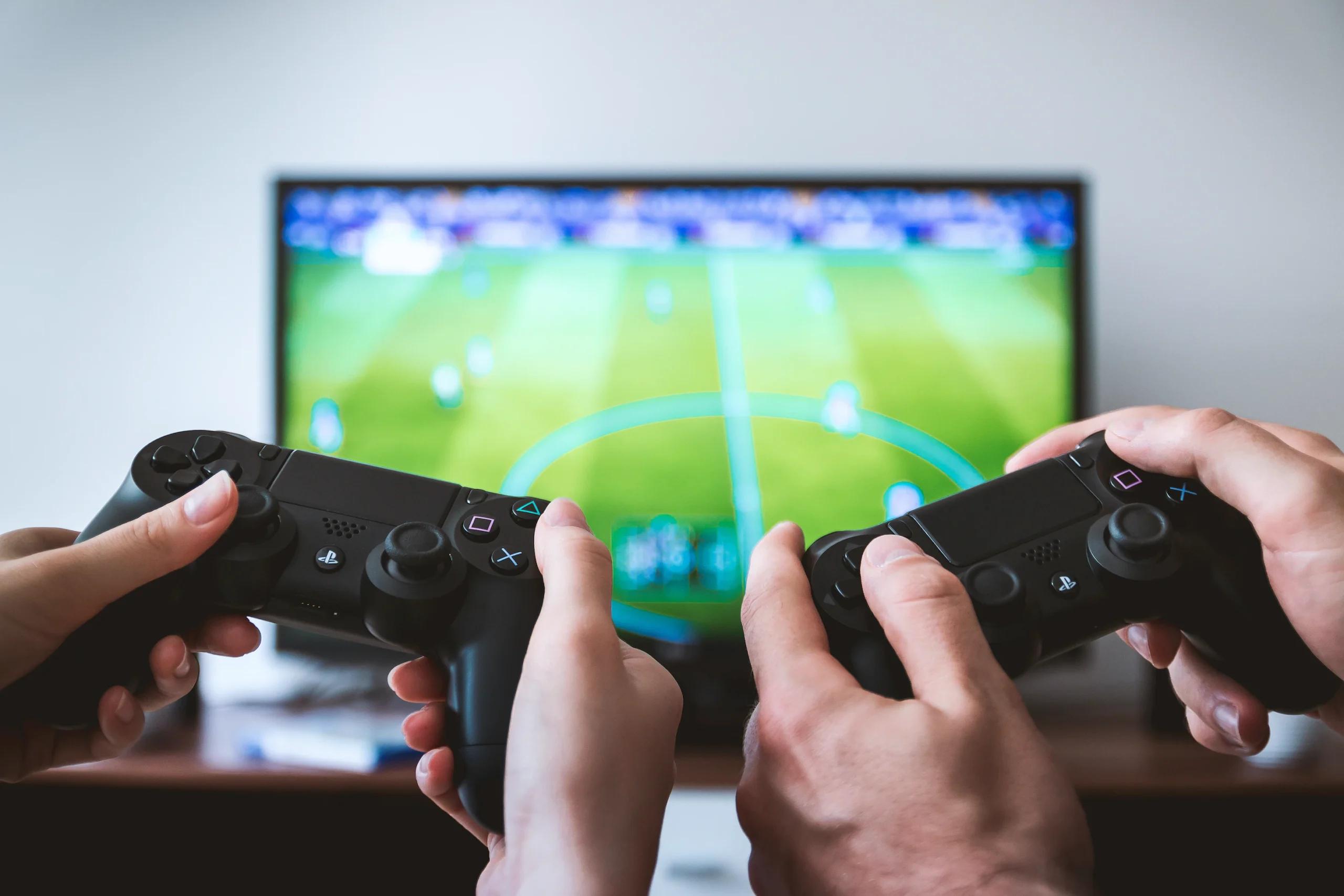According to The Hollywood Reporter, U.S. District Court judge Laura Taylor Swain, of the Southern District of New York, ruled on May 16th that video game maker Take-Two Interactive Software’s counterclaim against Solid Oak Sketches, an agency that represents tattoo artists can move forward.
Take-Two is seeking a declaratory judgement on whether displaying copyrighted tattoos on the digital bodies of real-life NBA players is de minimis and/or fair use.
Last February, Solid Oak Sketches sued Take-Two for copyright infringement for featuring Kobe Bryant, LeBron James, DeAndre Jordan, Kenyon Martin, and Eric Bledsoe with tattoo designs that the agency claimed to own, in the game franchise NBA 2K. However, last August, Judge Swain granted Take-Two’s motion to dismiss because Solid Oak Sketches did not register the tattoo designs with the United States Copyright Office before the first alleged act of infringement began, which is required to recover statutory damages in copyright infringement cases. Following the August ruling, Take-Two filed a counterclaim against Solid Oak Sketches.
In the counterclaim, Take-Two first argues that its use of the tattoos is de minimis for several reasons, including that the tattoos are only one of many components of the game, the display of the tattoos is fleeting and brief, they are sometimes obscured, and they are not displayed prominently. Take-Two next argues that their use of the tattoos is fair use. They assert that they are not “creating, distributing or marketing tattoos” and that depicting the NBA players’ likenesses includes showing their actual tattoos. “The depiction of NBA players as they appear in real life serves as a biographical anchor” for the game, which was NBA 2K16 at the time of the filing.
In Judge Swain’s recent ruling, she writes that the resolution of this issue would “serve a useful purpose” and “offer relief from uncertainty,” according to The Hollywood Reporter. “Take-Two has a substantial interest in the resolution of the de minimis use and fair use declaratory judgement counterclaims because Take-Two releases the NBA 2K game annually, and Take-Two depicts others tattoos—including those that have been subjects of Solid Oak’s previous demands in a similar manner.”
This is not the first time that a copyright infringement claim over a tattoo has made its way into the courts. In 2011, the tattoo artist who designed Mike Tyson’s forehead tattoo sued to stop the release of The Hangover Part II, due to a recreation of the tattoo on an actor in the film. However, the case was eventually settled.

Where creative minds come together
Take-Two is also challenging the validity of the dates on Solid Oak Sketches’ copyright registration for a lion tattoo on LeBron James’ right bicep.
The case is Solid Oak Sketches, LLC v. 2K Games, Inc. and Take-Two Interactive Software, Inc., 1:16-cv-00724, Southern District of New York.
For updates on this case, stay tuned to our blog.



